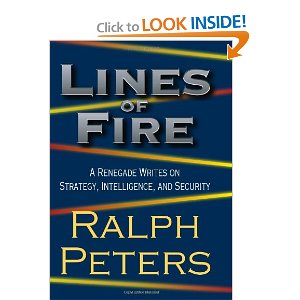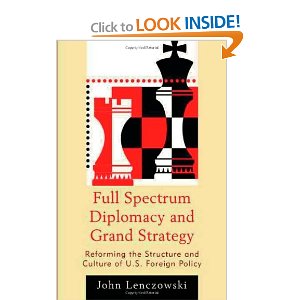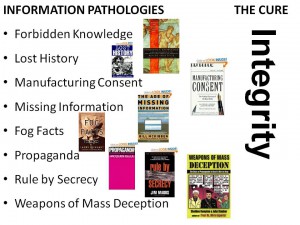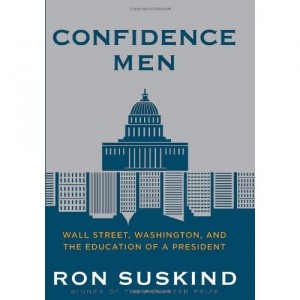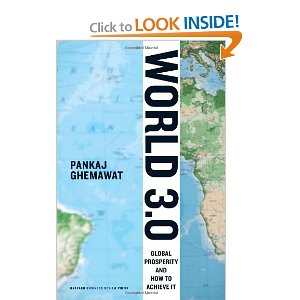
Jeff Jarvis
5.0 out of 5 stars Being Twittered, a Helpful Contribution,September 27, 2011
I was going to use the existing review as a guest review at Phi Beta Iota the Public Intelligence Blog (all point back to their Amazon pages), but on further investigation have found that this book is being Twittered, and the Executive Director of the Earth Intelligence Network thinks very highly of it (he read it, he does not do reviews, this is my way of sharing his views and my links as well as flagging the book for the global readers of Phi Beta Iota the Public Intelligence Blog). So in part to give the author a break, in part to urge used of the Look Inside feature that Amazon enables and the publisher utilized, and in part to point to the below books, I give this book five stars and suggest that it deserves a bit more praise than it has received.
See Also:
Everything Is Miscellaneous: The Power of the New Digital Disorder
Groundswell, Expanded and Revised Edition: Winning in a World Transformed by Social Technologies
Here Comes Everybody: The Power of Organizing Without Organizations
All Rise: Somebodies, Nobodies, and the Politics of Dignity (BK Currents (Hardcover))
Society's Breakthrough!: Releasing Essential Wisdom and Virtue in All the People
The Tao of Democracy: Using co-intelligence to create a world that works for all
Engaging Emergence: Turning Upheaval into Opportunity
Conscious Evolution: Awakening Our Social Potential
Cognitive Surplus: How Technology Makes Consumers into Collaborators
Ambient Findability: What We Find Changes Who We Become

Amazon sucks in some ways. The following two relevant non-fiction titles are “not allowed” by their rules against “self-promotion,” never mind that they are the only two books on their respective topics and highly relevant to the domain that this book addresses.
2010 INTELLIGENCE FOR EARTH: Clarity, Diversity, Integrity, & Sustainability
2008 COLLECTIVE INTELLIGENCE: Creating a Prosperous World at Peace

